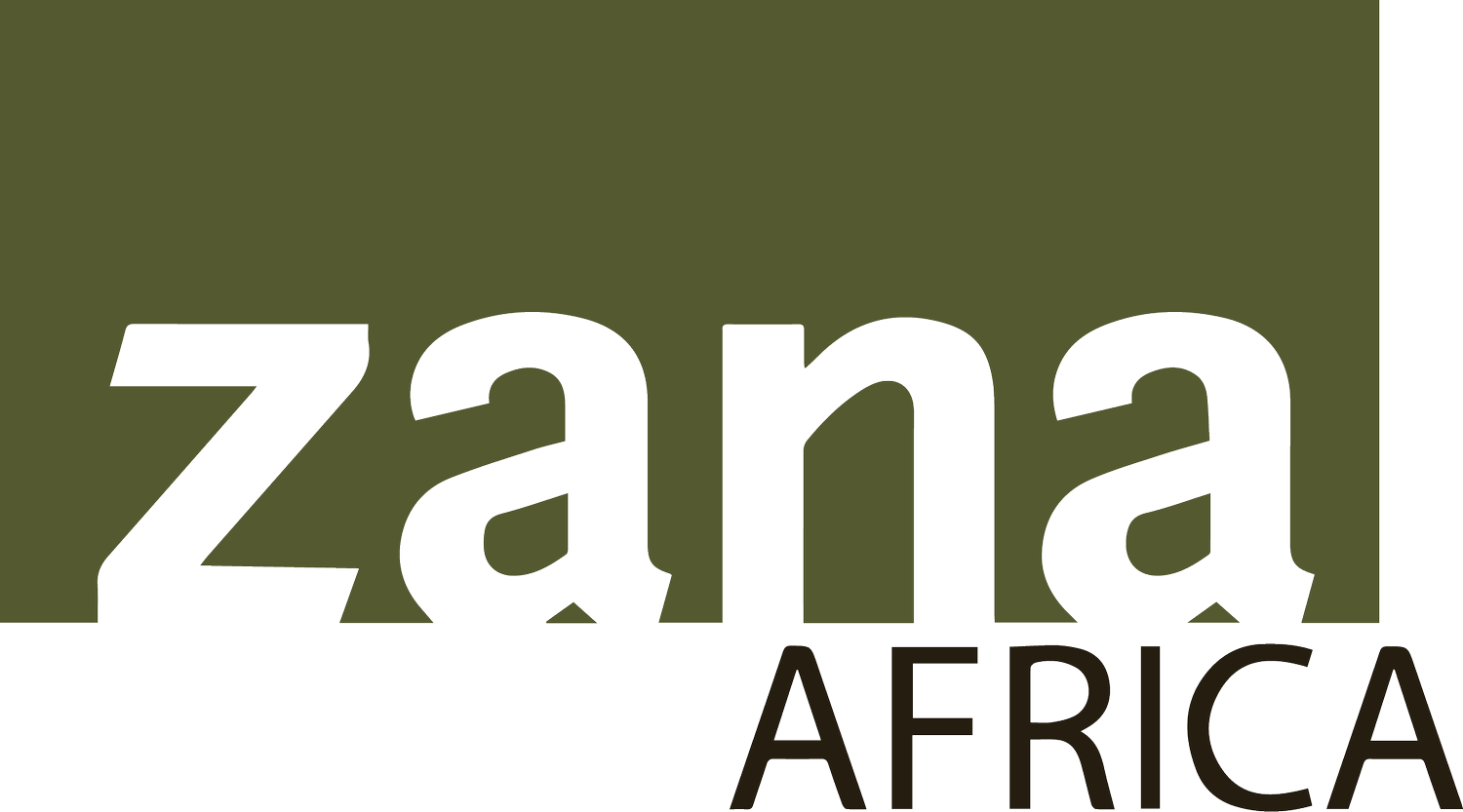Meliorism in Action: Reflections from Kenya
Recently, I learned a word that has stayed with me: meliorism—the belief that the world can be made better through human effort. It’s a hopeful idea, especially in times like these. And while it initially felt a bit abstract, it came back to me vividly as I reflected on my visit to Kenya last month.
In Turkana County, a remote region where conditions are harsh and resources are limited, I saw meliorism in action. I traveled with one of our longest-standing supporters, Libby Cunnningham, and together with our team, we met teachers who had been trained to deliver ZanaAfrica’s interventions. Teachers spoke about feeling profoundly empowered by what they’ve learned, and we saw firsthand the impact it’s having on students—an impact that became even clearer as we spent time in schools where the Nia Program is being brought to life.
The change was unmistakable. Girls and boys spoke openly about menstruation, puberty, gender-based violence, and consent—topics that, not long ago, might have been whispered about, if discussed at all. Hearing these conversations unfold without fear or shame was a powerful affirmation of what education can do: break down stigma, give young people the language to understand their bodies and their rights, and help them step into their power. What we experienced was both grounding and inspiring—a reminder that meaningful change doesn’t just happen; people make it happen.
We were also joined by colleagues from the Kenya Institute for Curriculum Development (KICD), the government agency responsible for national curricula. Together, we saw how our programs are being adapted and tested in one of the country’s most under-resourced regions. What we witnessed in Turkana showed us what is possible on a national scale.
It made me reflect on the big questions:
What might change if health education were fully normalized and embedded across schools?
Could we see declines in teen pregnancy, sexual abuse, and gender-based violence?
Could we see girls and boys growing up with a deeper sense of equality and agency?
At ZanaAfrica, we’ve learned that education alone isn’t enough. It has to be co-created with communities, rooted in systems, and reinforced by teachers and families. When learning becomes part of a community’s fabric, it starts to shift norms and expectations. Over time, that kind of sustained, community-backed education can break cycles of trauma, advance gender equity, and open pathways for the next generation.
Scaling programs like the Nia Program, with strong government partnership and deep community involvement, means more teachers trained, more students reached, and more communities supported to break cycles of inequality.
And when I think back to that word, meliorism, I realize this is exactly what it looks like in practice: people coming together to build something better, step by step, community by community. What’s happening in Turkana isn’t just promising for Kenya; it offers a glimpse of what’s possible for the world.
Progress is not only possible, and with the support of our government partners and funders, it’s already unfolding. My hope is that we keep building on this momentum, proving again and again that collective action can transform lives.
